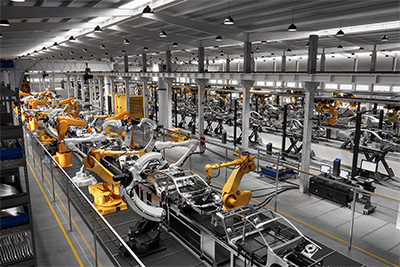In today’s fast-paced world, passengers expect a smooth and personalized travel experience. Technology has played a crucial role in enhancing this experience, from personalized check-in to in-flight entertainment. Yet, reality often falls short of these expectations due to random disruptions.
Disruptions: The intended and the inevitable
Disruptions like delays, cancellations, diversions, and turbulence are becoming increasingly common. Unfortunately, these events can significantly impact the passenger experience, leading to frustration among passengers and distrust in the airlines, leaving a lasting negative impression. While some disruptions may be inevitable, there are others that may be the result of manmade errors. In either case, these can impact the passenger experience at various stages of the journey — from booking to arrival. Delays and cancellations can lead to missed connections, extended waiting times, loss of baggage, and financial losses. Diversions can cause inconvenience and additional stress. Turbulence, while often temporary, can be frightening or merely straining for passengers.
Climate change and the rising frequency of disruptions
Climate change is exacerbating the frequency and severity of disruptions. Extreme weather events and conditions, such as storms and heatwaves, can disrupt flight operations, leading to delays or cancellations. Additionally, climate change is contributing to increased turbulence, making flights uncomfortable for passengers and a bit difficult for pilots to maneuver through.
A proactive and collaborative approach
By sharing data and information in real-time, these entities can predict and respond to disruptions better, minimizing their impact on passengers.
Imagine a scenario where an airline receives a weather alert about an approaching storm at a destination airport. By sharing this information with other airlines and air traffic control, they can collaboratively adjust flight schedules to avoid the storm or reroute flights to alternative airports. This proactive approach can reduce delays and cancellations significantly.
Similarly, consider the case of a delayed flight that is causing a ripple effect on other flights. By sharing information about the delay with connecting airlines and airports, and the baggage status, they can proactively notify passengers and offer alternative arrangements, such as hotel accommodations or rebooking options.
Bolstering the aviation industry with forward thinking, technology and solutions
While the aviation industry has made significant strides in recent years, there is still room for improvement. Technology has undoubtedly improved the passenger experience, but it is not a silver bullet for addressing disruptions.
Here are some key questions for industry leaders to consider:
- Despite technological advancements, why do passengers still experience stress and inconvenience during disruptions?
- How can technology be leveraged to create a more positive passenger experience in turbulent times?
- How can proactive information sharing and data collaboration across the ecosystem be leveraged to improve the passenger experience?
By fostering a culture of collaboration and innovation, the aviation industry can create a more resilient and passenger-centric ecosystem. This will require airlines, airports, and other stakeholders to work much more closely together to minimize the impact of disruptions and ensure a more positive and reliable travel experience for passengers.
Let’s discuss! Connect with me for an interaction about some of the leading challenges your business faces and how other leading players are resolving theirs.
Learn more about how Eviden’s solutions are a fitting solution for the aviation industry.





